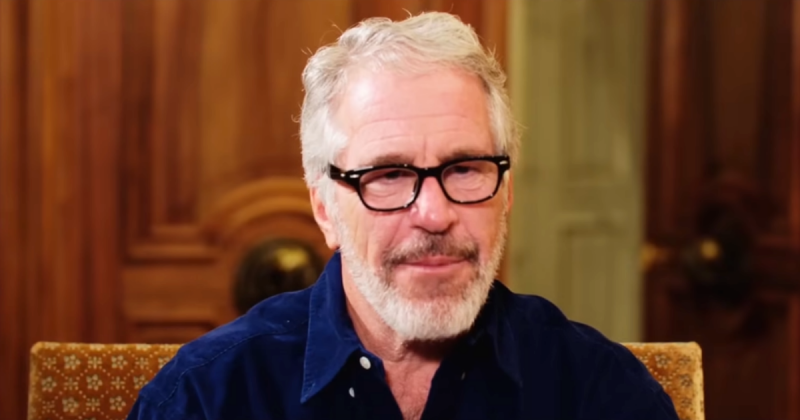Public interest has intensified in the long-sealed Jeffrey Epstein documents following the creation of Jmail, a digital platform allowing Americans to navigate the disgraced financier’s emails as if browsing his personal inbox.
The site compiles thousands of messages recently declassified by the House Oversight and Government Reform Committee, presenting them in a Gmail-like interface that makes the material more accessible to the public.
Jmail was developed in just a few hours by Kino AI co-founder Luke Igel and software developer Riley Walz, who recognized that the raw congressional documents were difficult to interpret, The Washington Times reports.
Igel said the emails offered a detailed view of Epstein’s communications with a wide network of contacts via iPad and BlackBerry.
The simplified interface, he noted, helps users understand both the scale and context of the interactions and provides insight into his daily habit of messaging multiple individuals simultaneously.
The platform contains more than 2,200 messages spanning April 2009 through July 2019.
Users can filter emails by sender, search keywords, jump to random entries, or view redacted content. Jmail also integrates Quora Digest entries and correspondence with known associates.
A small hat icon on the mock Gmail logo adds a darkly ironic flourish to the interface, underscoring the unusual nature of the project.
Many high-profile names appear in the documents.
The House Oversight release includes communications involving Epstein confidante Ghislaine Maxwell, political strategist Steve Bannon, and journalist Michael Wolff.
Political figures referenced include House Minority Leader Hakeem Jeffries, Delegate Stacey Plaskett, LinkedIn co-founder Reid Hoffman and former Treasury Secretary Lawrence Summers, who resigned from Harvard following scrutiny of his ties to Epstein.
The documents reveal the wide-ranging nature of Epstein’s connections across politics, media and finance.
President Donald Trump is mentioned indirectly in several threads but does not appear in direct correspondence.
Trump has recently called on the Justice Department to investigate Democrats’ ties to Epstein, including former President Bill Clinton, who flew multiple times on Epstein’s private jet.
Attorney General Pam Bondi confirmed that a senior federal prosecutor has been assigned to oversee the inquiry.
Jmail has reignited attention on Epstein’s expansive network, according to Tech Times.
Over the years, various influential figures—including Bill Gates, Woody Allen and other tech and business leaders—have been linked to Epstein, though many have denied wrongdoing or improper association.
The platform’s searchable database allows the public to scrutinize these interactions more closely, providing a tool for both casual observers and investigative researchers.
Congress’ efforts to declassify Epstein estate documents have significantly expanded public access to previously sealed records.
Following legislation signed into law by Trump, the House committee released over 20,000 documents, including emails, financial records and internal communications, via a public Google Drive folder.
Observers have described the release as one of the most extensive disclosures in recent history concerning a financier’s private correspondence, providing unprecedented insight into Epstein’s operations.
The Jmail creators say the site will expand as more materials are released.
Future updates will incorporate additional records from Congress or the Justice Department, broadening the searchable archive for public review and potentially shedding light on previously unknown connections.
The platform may continue to grow as Americans demand more transparency regarding Epstein’s networks.
While many named in the emails continue to deny misconduct, the newly accessible records have fueled bipartisan calls for accountability.
According to its creators, Jmail provides Americans with a clearer perspective on Epstein’s digital communications over a decade, offering insight into who may have known what and when regarding his activities.
The platform’s growing use underscores continued public fascination with the intersections of wealth, power, and criminal activity in Epstein’s network.

